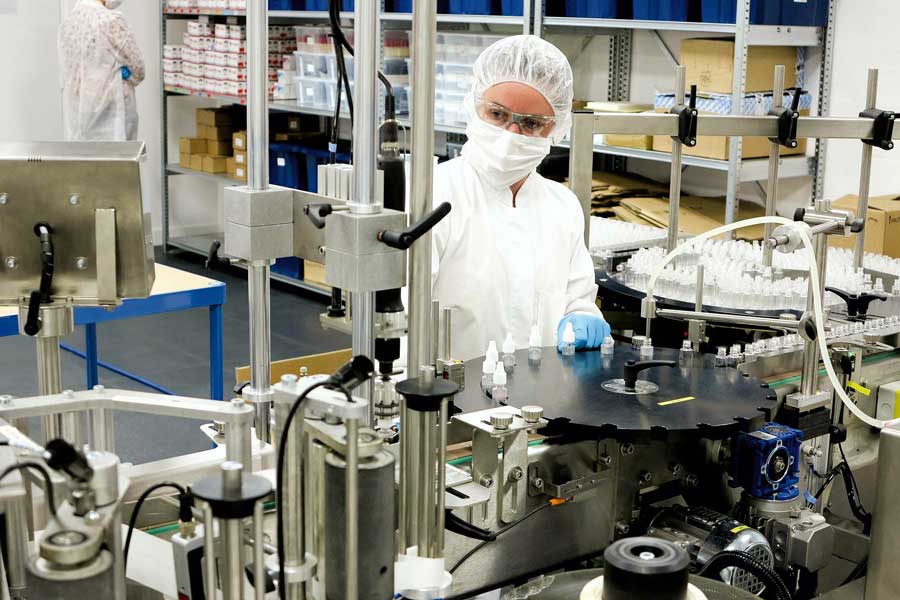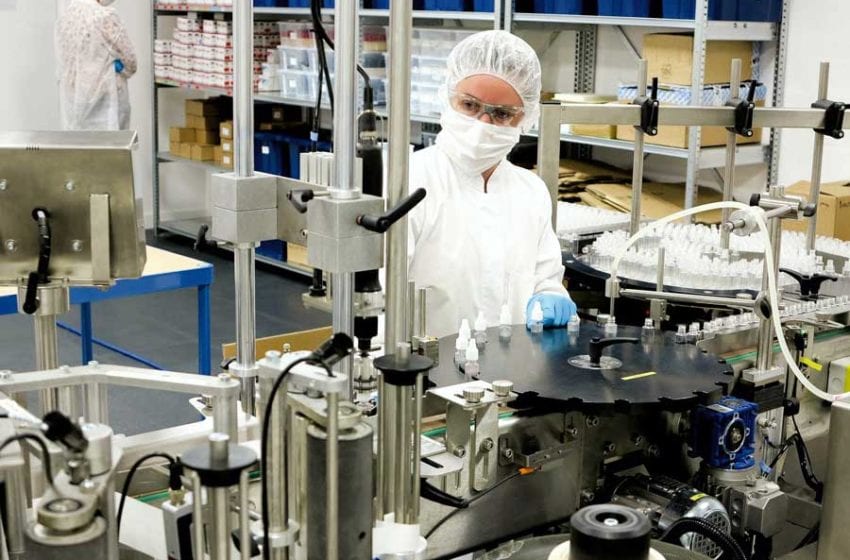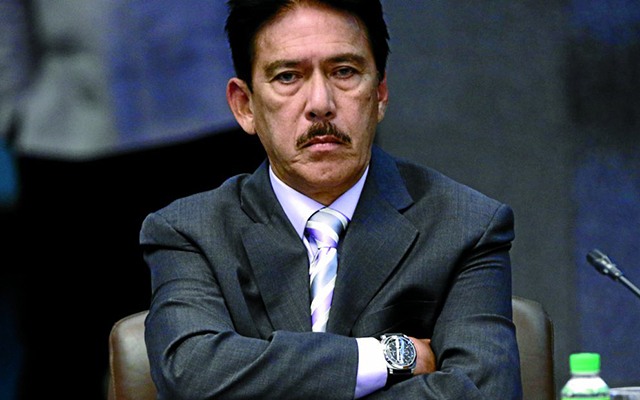In the Philippines, Senate President Vicente Sotto III wants safer nicotine products, such as e-cigarettes and heat-not-burn (HnB) products, to be allowed to competitively compete with traditional tobacco. During a senate hearing last week, the senator asked the country’s Food and Drug Administration (FDA) to guarantee that the guidelines it will issue for vapor and HnB products are compliant with the law that allowed the sale of safer nicotine alternatives.
Sotto made the call during recent deliberations on the proposed budget of the Department of Health (DOH), where he stressed that FDA regulations for these nicotine alternatives should not make it difficult for them to compete against cigarettes to lessen the number of smokers in the country, according to an article on philstar.com. “We don’t want it to appear that introducing a cigarette product to the Philippines is easier than introducing a heated tobacco product or a vapor product,” Sotto said.
The FDA was tasked to draft the general guidelines for the implementation of Republic Act 11467, which imposed higher taxes on cigarettes and e-cigarettes; and Executive Order No. 106, which bans the manufacture and sale of such products that are not registered or that are adulterated with other substances.
Sotto said he has received letters from some sectors, particularly the e-cigarette consumer groups, expressing concerns over the FDA’s draft guidelines on vapor products and HnB. “Here in the Senate, we, as usual, are concerned with the implementing rules and regulations and guidelines of some government agencies. It has been a big issue with us, because some agencies appear to go beyond what the enabling law provides,” he said.
He warned that FDA regulations might make it more difficult for vapes and HnB to compete against cigarettes, and therefore defeat the purpose of such products to lessen smoking in the country.
He stressed that HnB products are better than cigarettes. “We don’t want the youth and those who don’t smoke to suddenly think of using e-cigarettes and heated tobacco. What we want is for those who smoke to shift to heated tobacco or e-cigs,” Sotto said.
Sotto said studies have shown that 80 percent of people who switched to HnB products never went back to smoking cigarettes again. “I was in London over a year ago and I saw the differences. We have to admit that [HnB] is far different from cigarettes; [HnB] does not have second-hand smoke, but actual cigarettes have,” Sotto said.
Sen. Pia Cayetano, who was sponsoring the DOH budget, said she will remind the FDA that the Senate “is very conscious of their not exceeding their authority. They should just be guided by the law.” Cayetano said she and Sotto “are of like minds that our biggest concern is the youth and what I learned when I went to London was that the reason that in London they can really push for e-cigs is because they have already been successful in preventing the youth from smoking cigarettes.”
Sotto recognized that the government needs to properly regulate these electronic nicotine delivery systems or ENDS and HnB. He, however, pointed out that certain ingredients considered essential for these products are proposed to be prohibited on the FDA draft guidelines.
“For example, there is the prohibition on the use of glycerol and propylene glycol. These are aerosol formers for these products, so if they are banned, the products will not work anymore. If there is no aerosol to inhale, it will make these products unusable, so in other countries they are not banned in e-cigarettes,” he said.
Cayetano said the FDA only pointed out and banned those that are poisonous. She clarified that “they do not ban the other products or ingredients needed to produce that aerosol.”





